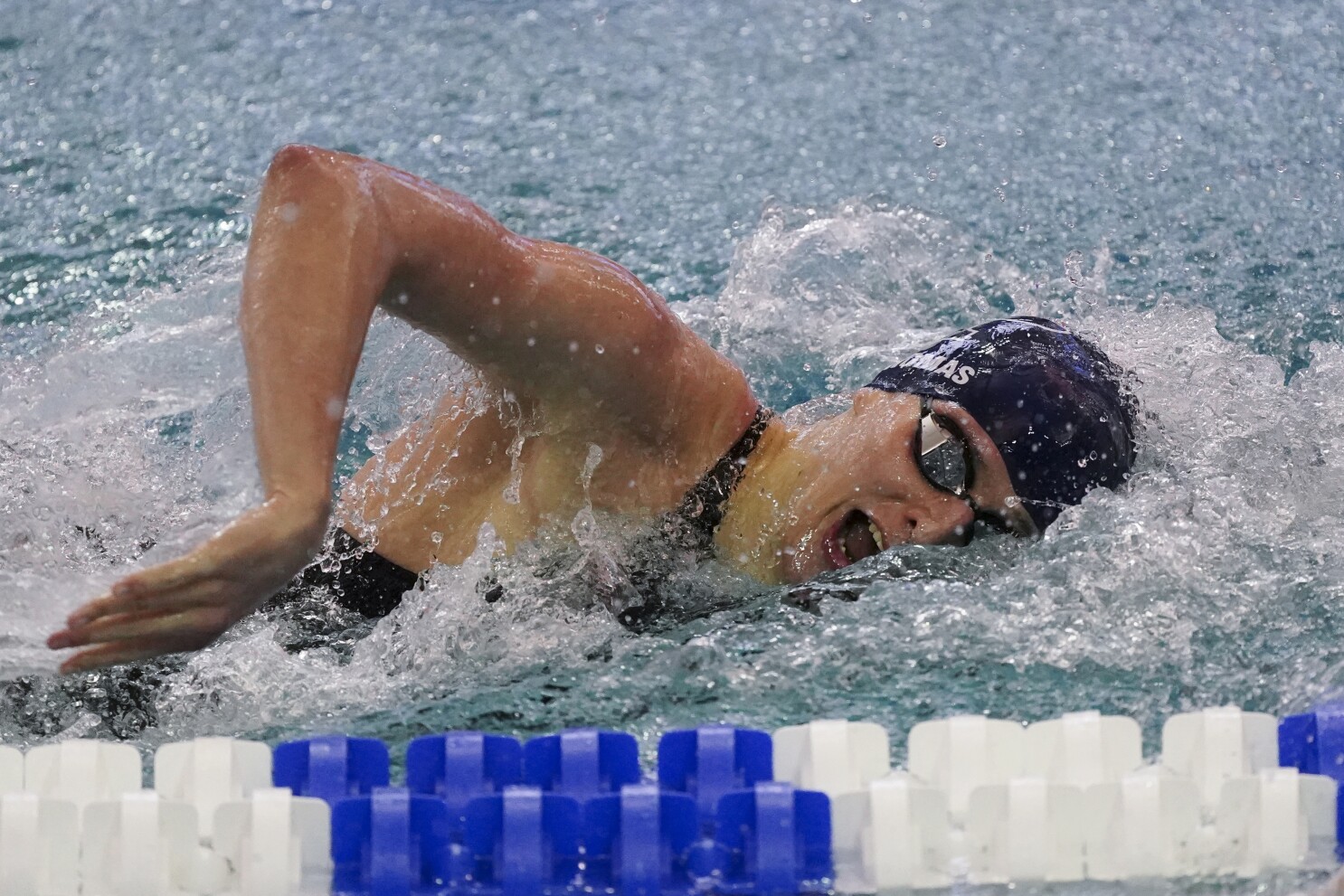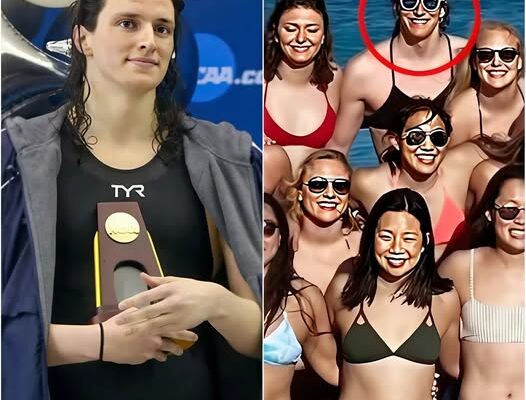In a stunning turn of events, Lia Thomas — the most controversial figure in women’s collegiate swimming — has announced her retirement from competitive women’s swimming following her failure to qualify for the 2024 Olympic Games.

Once hailed as a trailblazer and simultaneously criticized as a lightning rod for controversy, Thomas revealed her decision in an emotional social media post late Tuesday night, just days after a disappointing performance at the U.S. Olympic trials.
“After much reflection, I’ve decided to step away from competitive women’s swimming,” Thomas wrote. “I’m proud of what I’ve achieved and grateful for the journey — even when it’s been turbulent.”
Thomas made global headlines in 2022 after becoming the first openly transgender athlete to win an NCAA Division I women’s championship. Her victory sparked fierce public debate, widespread media coverage, and intense backlash from both within and outside the sports world.
But despite the fame — or infamy — her Olympic dreams have now come to an abrupt halt.

Sources close to Thomas say the decision to retire was not taken lightly. Behind the scenes, she reportedly faced enormous pressure, relentless media scrutiny, and significant isolation from parts of the swimming community.
“She was under a microscope 24/7,” one insider revealed. “No matter what she did, someone had a problem with it.”
Thomas’s retirement is being met with mixed reactions across the sports world.
Supporters are calling her a brave pioneer who paved the way for future transgender athletes, while critics say her departure is long overdue — and even go so far as to say it’s a victory for fairness in women’s sports.
Among the most vocal opponents is former collegiate swimmer Riley Gaines, who took to social media within hours of the announcement:
“This is a step in the right direction. Women’s sports must be protected — and this is just the beginning.”
Despite the controversy, Thomas leaves behind a legacy that can’t be ignored — one that has already changed policies, sparked international debate, and forced the sports world to confront complex questions about identity, competition, and inclusion.
What’s next for Lia Thomas remains unclear. For now, she says she’s focusing on her education, advocacy, and “finding peace beyond the pool.”



